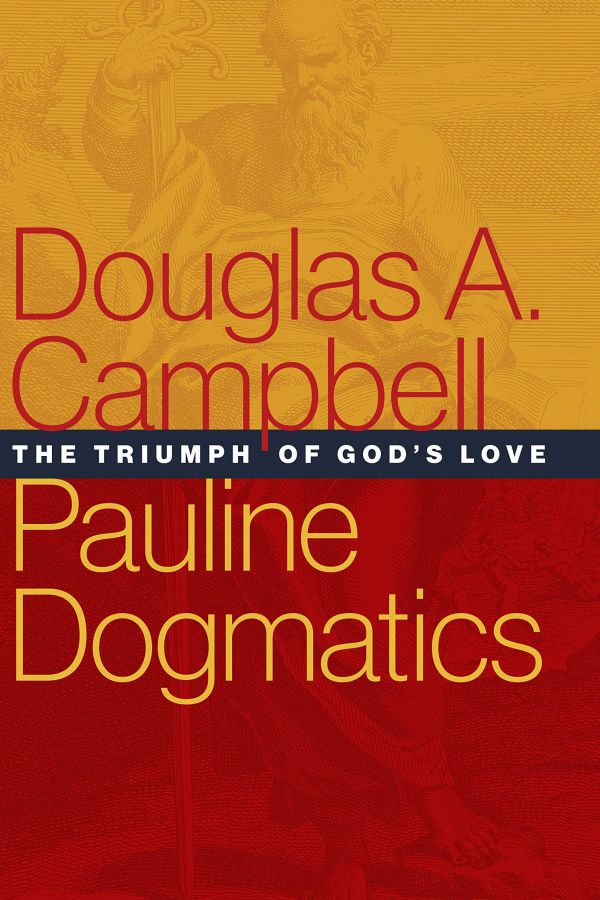Douglas A. Campbell, professor of New Testament at Duke Divinity School, has written a new book that offers a distinctive overview of Paul’s theology and its implication for the church today, intending its readers not only to learn about the apostle’s missionary and church-planting methods but to follow Jesus more faithfully.
In Pauline Dogmatics: The Triumph of God's Love, published Jan. 7 by Wm. B. Eerdmans Publishing Co., Campbell draws on his 30 years of study and reflection to describe Paul’s thinking by building on Albert Schweitzer’s classic emphasis on the importance for Paul of the resurrection. He then traces what the life and teaching of Christ signify for Paul’s thinking through all the other key theological topics, from revelation and the resurrection through the nature of the church and mission.
In doing so, Campbell broadens the conversation to include especially the work of theologians Karl Barth in relation to revelation and election, Stanley Hauerwas in relation to Christian formation, and Willie Jennings as an exemplary interlocutor for post-colonial concerns. The result of this extensive conversation is a work that not only provides a description of Paul’s theology but also equips readers with what amounts to be a Pauline manual for church planting.
Campbell’s readers learn, as a result, that good Pauline theology is good practical theology, ecclesiology, and missiology, which is to say that Paul’s theology belongs to the church and when properly understood causes the church to flourish. In these conversations, Campbell also pushes through interdisciplinary boundaries to explicate different aspects of Pauline community with notions such as network theory and restorative justice.
The book ends with applications of Paul in the modern period to painful questions about gender, sexual activity, and Jewish inclusion, offering Pauline navigations that are orthodox, inclusive, and constructive. Beginning with the God revealed in Jesus, and hence in a sense also with our response to this God, Campbell progresses through Pauline ethics and eschatology, concluding that the challenge for the church is not only to learn about Paul but to follow Jesus as he did.
Director of the Certificate in Prison Studies at the Divinity School, Campbell is also the author of several books, including Framing Paul: An Epistolary Biography and The Deliverance of God: An Apocalyptic Rereading of Justification in Paul.
LEARN MORE
- See a video on Twitter of Douglas Campbell discussing his new book, Pauline Dogmatics.
- Follow Campbell on Twitter (@ProfDCampbell).
- Check out his new blog (also called Pauline Dogmatics) at douglascampbell.me.
